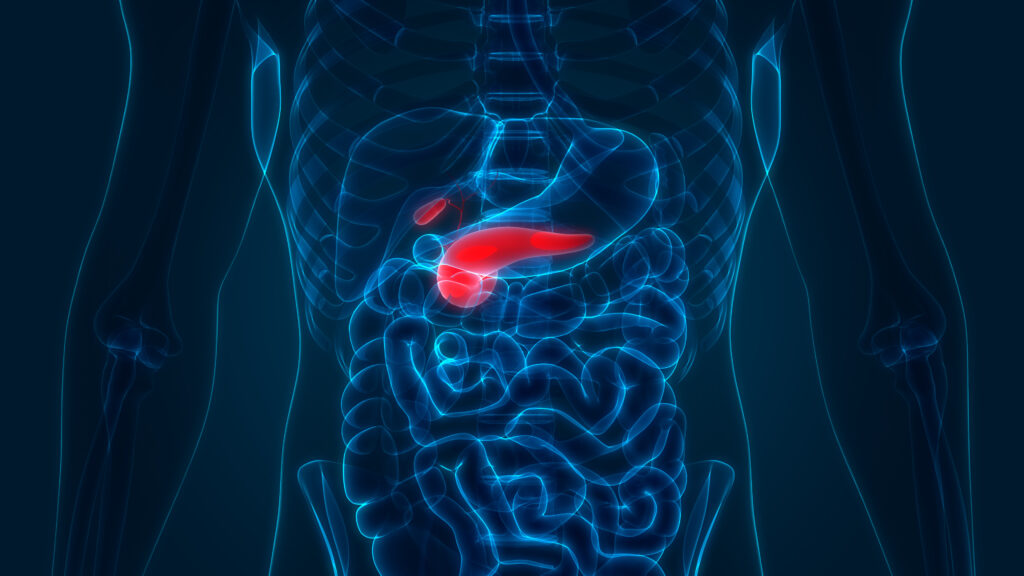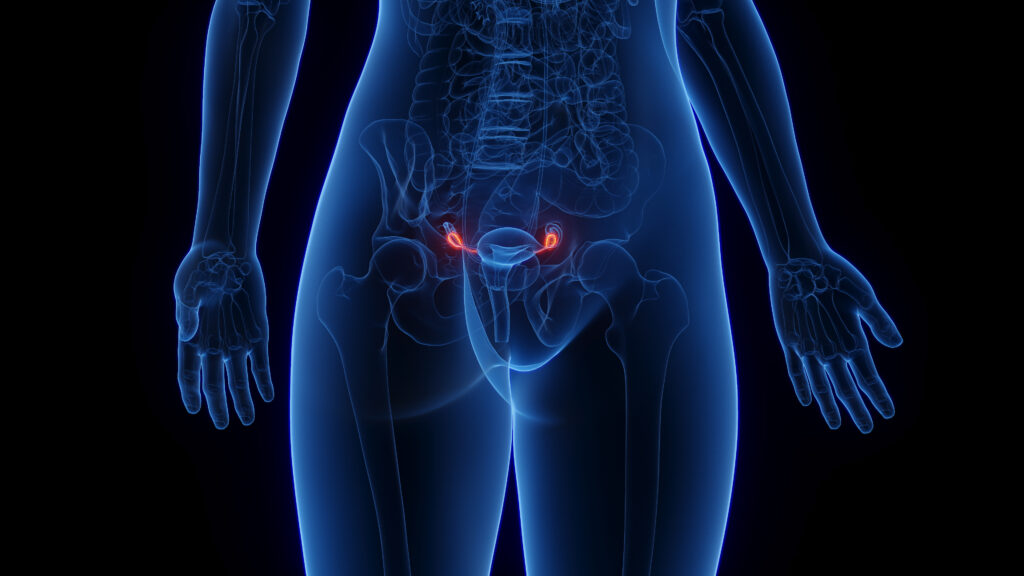Search Results
Showing Results for Dapagliflozin

Article Highlights Early use of sodium–glucose co-transporter-2 inhibitors following myocardial infarction was associated with the following factors: Lower hospitalization for heart failure (odds ratio [OR]: 0.75; 95% confidence interval [CI]: 0.62–0.90; p=0.002). Similar cardiovascular deaths (OR: 1.04; 95% CI: 0.83–1.30; p=0.76). Similar all-cause mortality (OR: 1.00; 95% ...

Polycystic ovary syndrome (PCOS) is the most common endocrinopathy affecting women of reproductive age and is characterized by hyperandrogenism, anovulation and insulin resistance (IR).1 Women with PCOS have a high risk of developing type 2 diabetes (T2D), dyslipidaemia, hypertension and ...

Type 2 diabetes (T2D) is one of the most common chronic noncommunicable diseases, its incidence is exponentially increasing and is one of the leading causes of morbidity and mortality worldwide.1 As of 2021, T2D ranked among the top causes of ...

The incidence of diabetes has increased in recent years, and advances in technology have allowed for multiple ways to predict the outcomes of patients with diabetes, and have improved quality of life and lowered morbidity and mortality.1 For decades, glycated ...

Type 2 diabetes (T2DM) is a disease with a complex aetiopathogenesis that leads to a wide variety of metabolic disorders. This includes, by definition, high plasma glucose levels, but also elevated blood pressure, dyslipidaemia, cardiorenal complications and strokes. All of ...

Over 37 million people in the USA live with diabetes mellitus, equating to over 11% of the population.1 The large majority of these individuals (around 90–95%) have type 2 diabetes (T2D).1 Approximately 40% of patients T2D develop chronic kidney disease (CKD), with CKD ...

Diabetic kidney disease (DKD) is the leading cause of chronic kidney disease (CKD) and end-stage kidney disease (ESKD) worldwide.1,2 For this reason, early diagnosis and treatment are relevant to prevent the progression of this disease. Currently, the urinary albumin excretion ...

The pandemic of type 2 diabetes mellitus (T2D) is a growing concern, especially in low- and middle-income countries, which contribute to nearly 75% of the disease burden.1 Indian patients with T2D constitute 1 in 6 adults with T2D globally, with marked ...

Diabetes mellitus (DM) is a chronic metabolic disorder characterized by hyperglycaemia resulting from insulin resistance, inefficient insulin secretion and disproportionate glucagon secretion.1 It has been reported to be an expanding global health issue of the 21st century, and one of ...

Chronic kidney disease (CKD) represents one of the greatest future public health challenges due, among other consequences, to its elevated burden on economic and human resources within healthcare systems.1 Moreover, the rapid growth of type 2 diabetes mellitus (T2DM) results ...

Welcome to the latest issue of the newly-renamed touchREVIEWS in Endocrinology, previously European Endocrinology. The decision to rename and widen the reach of the journal has been taken after a great year for touchENDOCRINOLOGY, and we feel that in an ...

The prevalence of diabetes type 1 (T1D) and type 2 (T2D) is increasing worldwide; the number of people with diabetes was 463 million in 2019, but it is estimated to reach 700 million by 2045.1 The incidence of T1D is increasing in most ...

The International Diabetes Federation (IDF) estimates that 463 million people worldwide suffer from diabetes, 90% of whom have type 2 diabetes mellitus (T2DM), and expects the total healthcare expenditure on diabetes to reach US$ 845 billion by 2045 from US$ 760 billion in 2019.1 People with ...

The coronavirus disease 2019 (COVID-19) pandemic is an occurring global public health crisis due to the spread of the severe acute respiratory syndrome coronavirus 2 (SARS-CoV-2).1 In December of 2019, a low respiratory tract infection of unknown cause emerged in Wuhan, Hubei Province, ...

touchENDOCRINOLOGY were delighted to speak with Prof. Hiddo Lambers Heerspink to hear more about the highly anticipated results of DAPA-CKD, investigating dapagliflozin in patients with chronic kidney disease with or without type 2 diabetes. Disclosures: Prof. Lambers Heerspink discloses the following: ...

Chantal Mathieu is Professor of Internal Medicine and Chair of Endocrinology at the University Hospital Gasthuisberg, Catholic University of Leuven, Belgium. Prof. Mathieu received her medical degree and PhD at the University of Leuven, where she subsequently completed training in ...

Baptist Gallwitz is Professor of Medicine at Eberhard Karls University of Tübingen in Germany. He has has authored 100+ peer reviewed articles and his main scientific focus is on the physiology of incretin hormones. Professor Gallwitz is currently a Member ...

The growing epidemic of type 2 diabetes mellitus (T2DM) in India and the associated irreversible micro- and macro-vascular complications cause premature morbidity and mortality.1 ‘KgA1c paradox’ (Kg represents weight reduction; A1c represents glycaemic control) is now assuming significance ...
Latest articles videos and clinical updates - straight to your inbox
Log into your Touch Account
Earn and track your CME credits on the go, save articles for later, and follow the latest congress coverage.
Register now for FREE Access
Register for free to hear about the latest expert-led education, peer-reviewed articles, conference highlights, and innovative CME activities.
Sign up with an Email
Or use a Social Account.
This Functionality is for
Members Only
Explore the latest in medical education and stay current in your field. Create a free account to track your learning.

